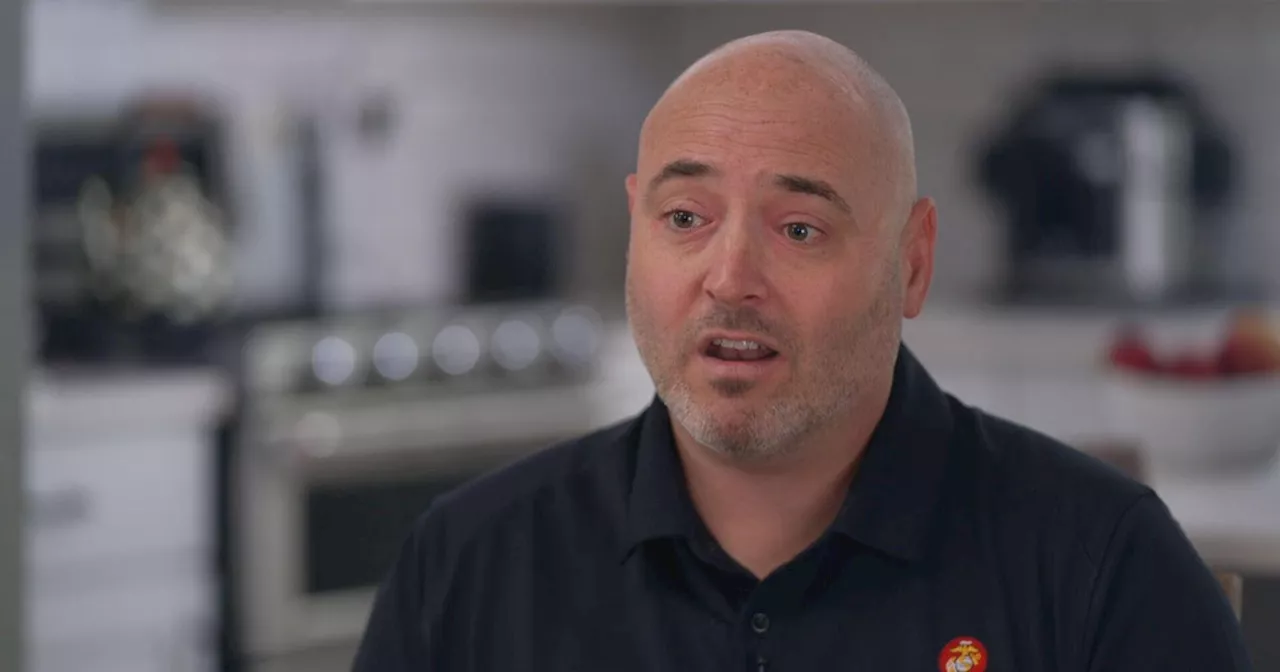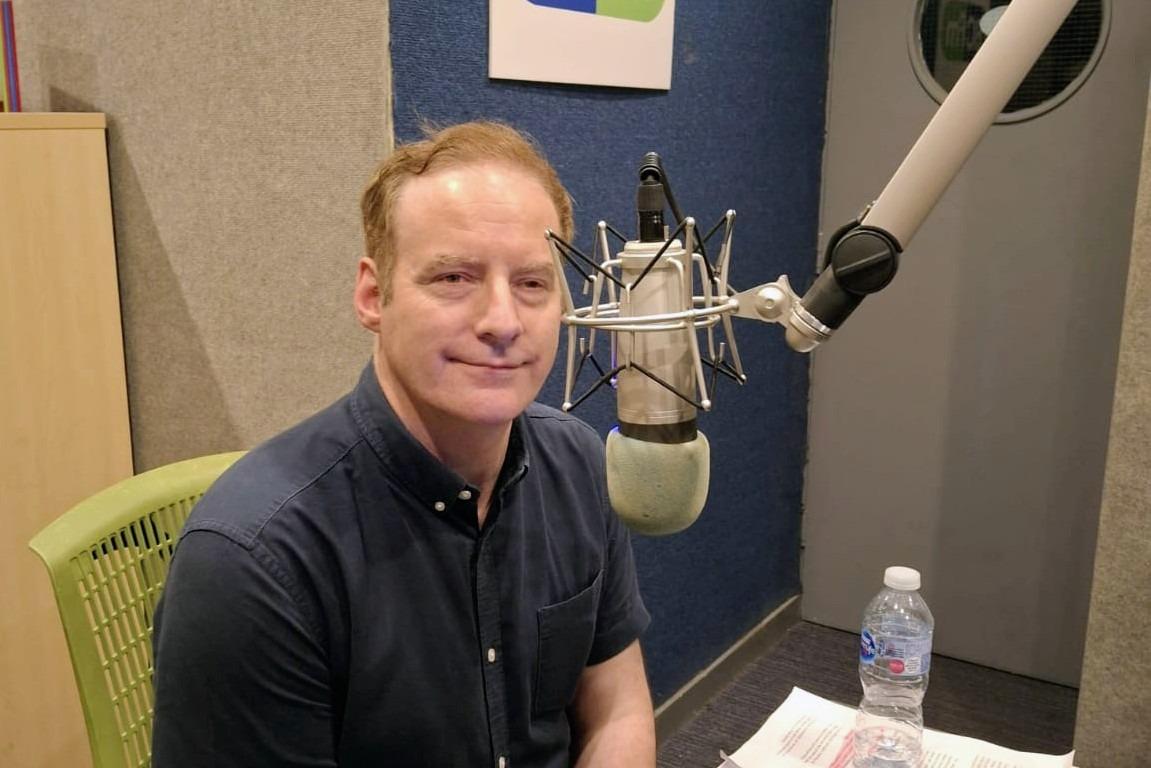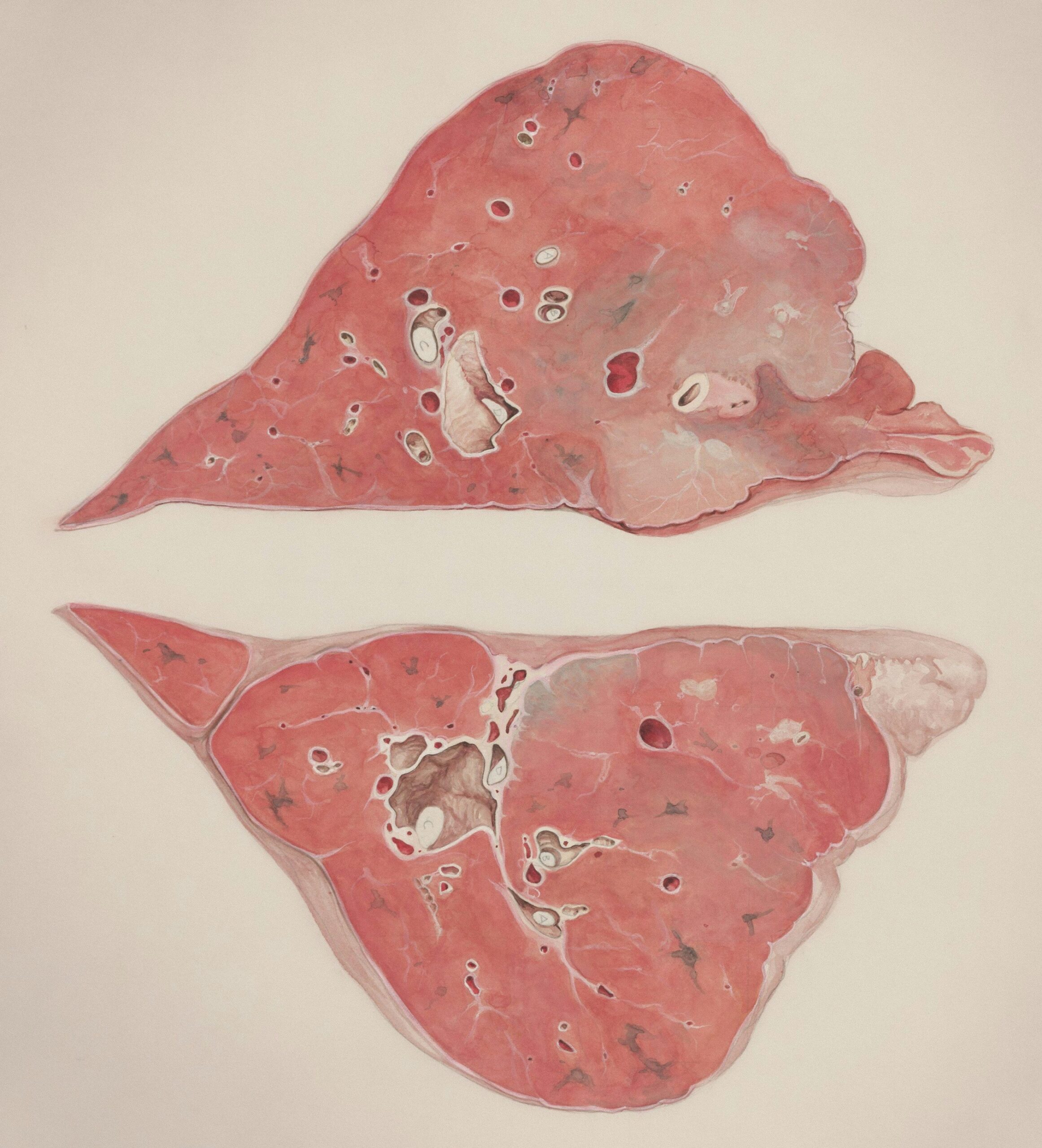Public health leaders gathered in Washington, D.C. this week to address the evolving landscape of American healthcare and combat the rising influence of the Make America Healthy Again (MAHA) movement. This gathering marks a significant moment for the American Public Health Association (APHA), as more than 11,000 professionals convene to discuss strategies for rebuilding and reinforcing public health systems after challenges posed by the previous administration.
Dr. Georges Benjamin, who has led the APHA for nearly 25 years, voiced concerns about unprecedented threats to public health from federal policies. He stated, “I think public health is under attack by our own federal government more than anything else.” His remarks reflect widespread anxiety regarding cuts to staffing and funding that have been made under the Trump administration, as well as the emergence of MAHA, which aims to redefine health norms in America.
Under the leadership of health secretary Robert F. Kennedy Jr., MAHA promotes a focus on individual health choices and chronic disease management, which its proponents argue counters what they see as a corrupt public health system. Critics within the public health sector have expressed alarm that MAHA’s proposed solutions lack reliance on robust scientific evidence. In contrast, traditional public health strategies prioritize systemic interventions for preventing both infectious and chronic diseases.
The APHA’s annual meeting, hosted in Washington, D.C. for the first time in over a decade, is taking a bold stance on these issues. The event’s promotional video declared, “This year’s mission is clear: Defend the integrity of public health. Protect vaccinations and immunization systems. Expose and resist political interference. And above all, never let fear win.”
Discussions at the conference included sessions titled “Defending Science as a Higher National Value: A National Imperative” and “Attacks on Science and the Public’s Health: How We Are Fighting Back.” Attendees engaged in dialogues on various public health topics, such as epidemiology and climate change. The meeting will conclude with a “Rally for the Public’s Health” on March 15, 2024, on the National Mall, where participants will advocate for a united public health front.
In an exclusive interview, Dr. Benjamin elaborated on the implications of current federal policies. He highlighted concerns about the dismantling of healthcare financing and insurance systems, which he believes undermines access to quality medical care. He pointed out that changes in tariff policies are complicating the importation of essential medications and technologies, posing further challenges for healthcare delivery.
Mark Gorton, co-founder of the MAHA Institute, advocates for a reform of public health, arguing that the government often oversteps its role in dictating personal health choices. Gorton, known for founding the tech company LimeWire, emphasized that the health system needs to be centered around “truth.” He criticized the traditional public health model as overly reliant on fear to promote pharmaceutical products, claiming that many health measures have been exaggerated.
Public health leaders counter that Gorton’s perspective is misinformed. Dr. Benjamin remarked, “The reason that most of us are alive long enough to be able to complain about public health is because of public health.” He underscored the historical successes of public health initiatives in improving sanitation, vaccination rates, and reducing smoking prevalence, all of which have contributed significantly to increased life expectancy.
Despite the tensions, some leaders in public health are open to dialogue with MAHA proponents. Dr. Carmen Nevarez, a seasoned public health expert, noted that MAHA’s rise stems from genuine concerns among the public regarding healthcare accessibility and transparency. “It comes out of people’s lived realities, and circumstances where they felt that something was not addressed correctly,” she explained.
The COVID-19 pandemic has highlighted systemic weaknesses, leading to heightened scrutiny of public health messaging. Sarah Story, executive director of the Jefferson County, Colorado Health Department, pointed out that MAHA’s influencers resonate with audiences due to their relatable and engaging approach. “MAHA Moms are great at making life look effortless — they’re attractive and fit and their houses are always clean,” she said, noting their effectiveness in addressing parental fears about corporate health influences.
While MAHA emphasizes personal freedom in health decisions, public health leaders maintain that collective safety sometimes necessitates restrictions. Nevarez provided an example from her tenure as health officer in Berkeley, California, where interventions were necessary for public safety, such as mandatory treatment for contagious diseases.
As the conference progresses, public health leaders are united in their mission to reclaim their narrative and advocate for a healthier future for all Americans. They are determined to counter misinformation and reinforce the importance of evidence-based practices in safeguarding public health.







